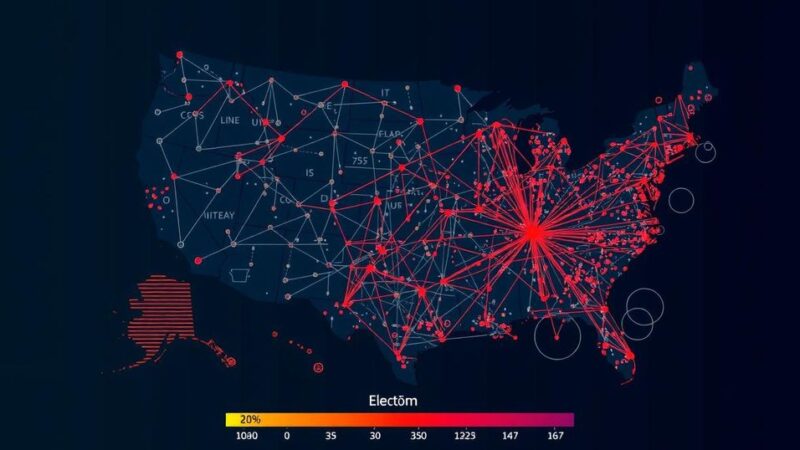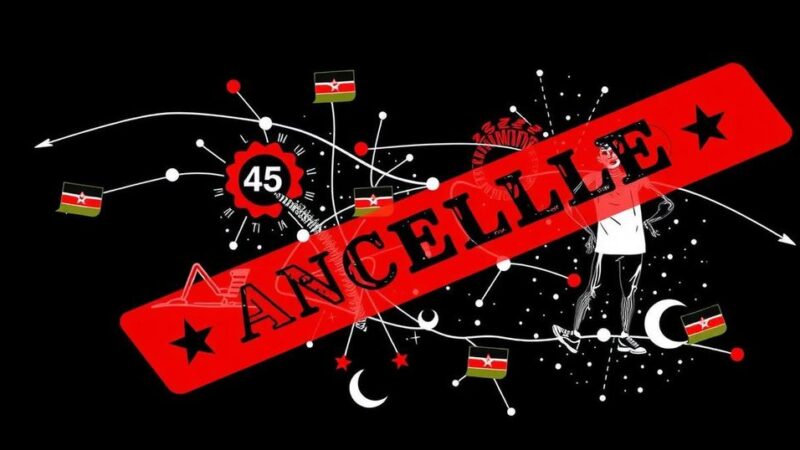Nigeria has launched a cash transfer program aiding 25 million people using biometric verification through the NIN and BVN. As part of extensive poverty alleviation efforts amid increasing poverty rates, significant cash and support initiatives for education and agriculture are also underway, stressing the need for strategic economic measures.
In Nigeria, approximately 25 million individuals enrolled in the national social register are benefiting from cash payments as part of a government-led poverty alleviation initiative. Utilizing biometric verification through the National Identification Number (NIN) and Bank Verification Number (BVN), the program aims to support vulnerable households. During a recent National Economic Council meeting, Nigeria’s Minister of Finance, Wale Edun, confirmed the successful disbursement of the first and second payment tranches, which are distributed either via bank accounts or digital wallets. The program’s initiatives are effectuated at a crucial juncture, as recent reports indicate that an additional 14 million Nigerians have fallen into extreme poverty in 2024 alone. The 2024 World Bank Macro Poverty report highlights that around 47 percent of Nigerians are now classified as living below the global poverty line of $2.15 per day. This alarming statistic underscores the necessity for the Nigerian government to implement comprehensive strategies to address inflation, enhance non-oil revenue streams, and uphold fiscal stability through balanced budgetary practices. Furthermore, Minister Edun articulated the government’s commitment to establishing a precise and reliable social register aimed at effectively rendering social protection services. Alongside the direct cash payments, other social initiatives have been undertaken, benefitting over 11,000 individuals through a consumer credit facility and 500,000 students through a loan scheme, with significant sums allocated to these efforts. Additionally, a targeted program will provide 600,000 farmers with subsidized agricultural inputs as part of the broader intervention framework.
The use of biometric identification in Nigeria has been instrumental in streamlining social welfare programs. By linking beneficiaries’ cash transfers to their verified identification, the government aims to eliminate fraud and ensure that aid reaches the most vulnerable populations. The National Identification Number (NIN) system serves as a critical tool in this process, allowing for the secure verification of identities as part of social protection programs aimed at combating poverty across the Nigerian population.
In summary, the Nigerian government has initiated significant cash transfer programs to assist millions of its citizens living in poverty, leveraging biometric verification for reliable aid distribution. While this effort is a positive step towards alleviating poverty, ongoing challenges remain, necessitating further actions to address the underlying economic issues faced by the populace at large. The commitment to social registry accuracy and the expansion of support programs for students and farmers demonstrate the government’s proactive approach to enhancing social welfare in the country.
Original Source: www.biometricupdate.com






